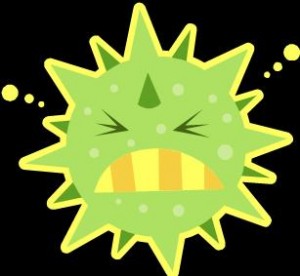Drink to Your Health
Now that summer is on the way, I’d like to help you start the season off in a healthy way by encouraging you to add an important ingredient to your diet — water. We need to be drinking enough water all year round but it is even more important in the summer when we lose more water due to heat and perspiration.
Your body weight is made up of 50 – 75% water depending on your size. Many bodily systems only function at optimum levels when you are well hydrated. For example, water transports nutrients and oxygen throughout the body keeping your immune system strong. It prevents illness by carrying toxins out of the body. And studies have shown that water helps the body to metabolize stored fat.
There’s a good chance that your body may be dehydrated if you experience any one or more of the following problems:
– dry skin or eyes
– fogginess or fatigue
– constipation
– low mental performance
– dizziness
– low blood pressure
– sore joints
– swollen feet, legs or hands
We usually don’t think about drinking water until we feel thirsty. But by then the body is already dehydrated. Most of us know that we should drink more water yet we usually forget, so here are some ways you might remind yourself:
- Purchase a large water bottle and make it a point to finish at least 3 a day.
- Keep a bottle of water in your car, your office or briefcase. Make sure the bottle is made of a “safe” plastic (to avoid chemicals leaching into the water) or use glass or stainless steel.
- Drink a large glass of water before every meal.
- Write the word “water” on a card and place it where you will see it every day.
- Set an alarm to ring every hour and drink a glass of water when it goes off.
Under certain circumstances you will need to drink more than the recommended 8 glasses of water a day. For example, if you exercise regularly you’ll need to drink more. And, if you drink alcohol or caffeine, you’ll need an extra glass for every drink you have (both cause dehydration).
Stop and check in with your body right now. Are you thirsty? Does your skin feel dry? Is your thinking clear or foggy? Make it your goal to increase your water consumption every day. You’ll know you’ve created a new healthy habit when you find yourself automatically reaching for more water throughout the day.




